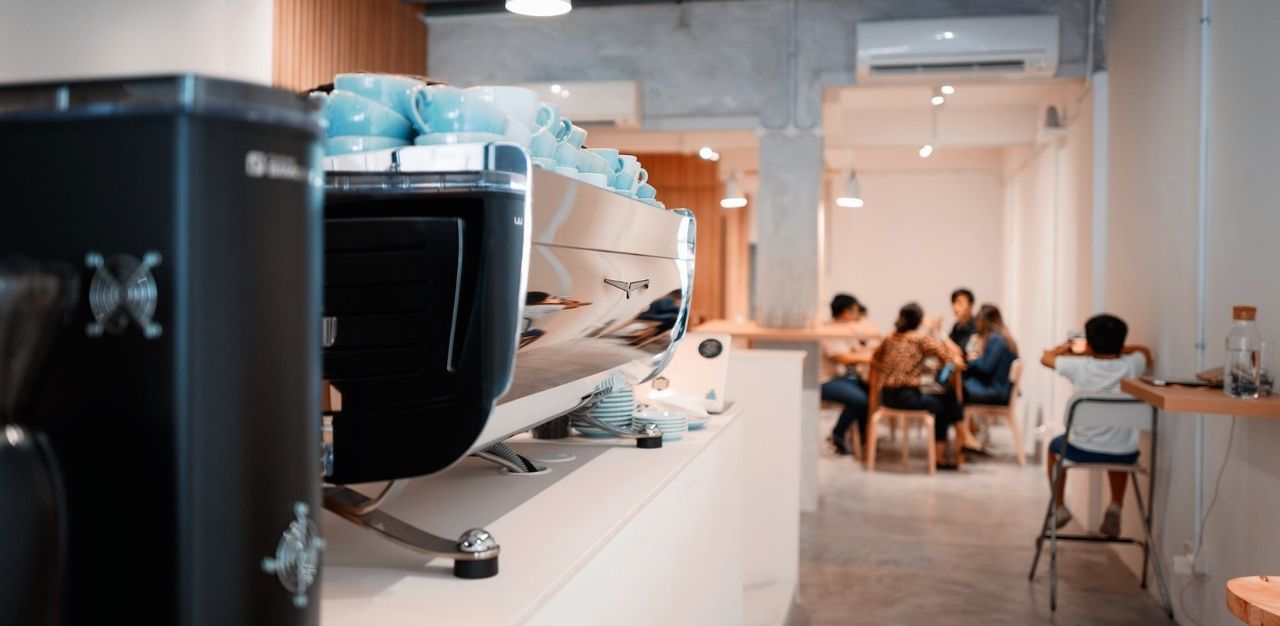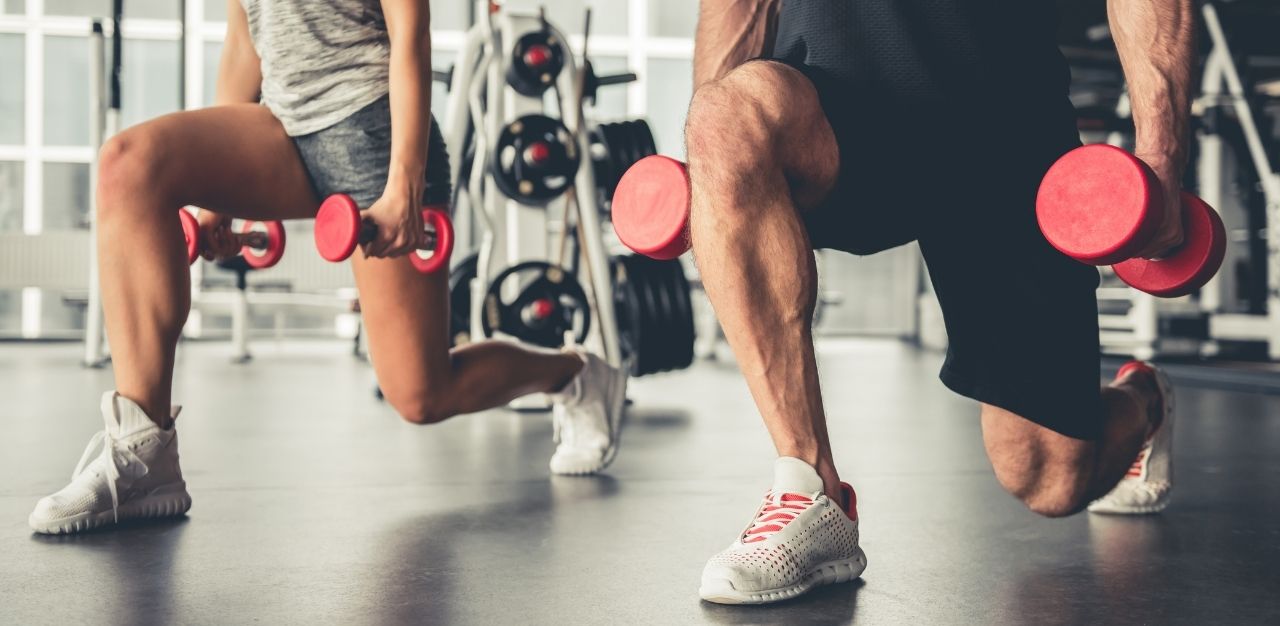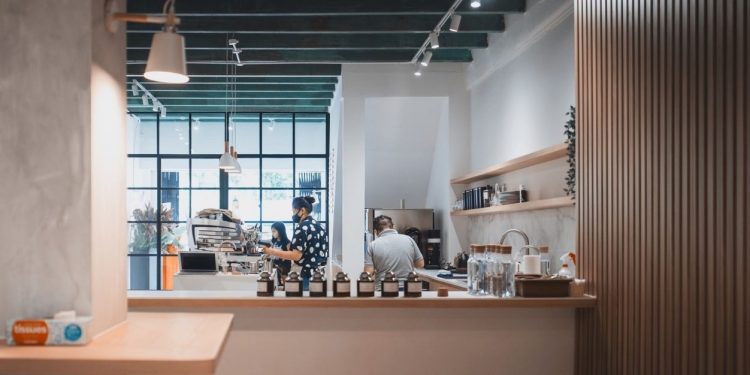“Not again!” was Gan Jia Xin’s first thought upon hearing of Singapore’s return to phase two (heightened alert). For the 21-year-old student, who is currently pursuing an internship, the speed and scale of the increase in cases were “quite discouraging”.
“Singapore may be gearing for living with the endemic, but before we achieve that, it’s hard not to feel like we’re constantly straying off track in a never-ending marathon, to a destination that we don’t even know where or when,” she says.
She is also doubtful about the potential reopening of borders for vaccinated travellers: “I am sceptical that [it] is going to follow through, because where else in the world is safe to travel to right now?”
Similarly, 20-year-old Shreya Lakshminarayanan was disappointed at the news of Singapore’s return to phase two (heightened alert), and the thought of having to curtail her daily activities, such as dining out with friends. While she understands that the rise in cases from the new clusters are “worrying”, she thinks that reverting back to this phase feels like a “slap in the face” to those who have been responsible in upholding community health guidelines, such as maintaining social distancing, wearing masks, and using sanitisers.
“If we are making plans to ‘live with the virus’ [as] the virus is now endemic, returning to phase two only defeats the purpose of planning to make Covid-19 a regular part of our lives,” she opines.
Ms Lakshminarayanan feels that the regulations that were introduced could also be confusing for some, citing the example of different combinations of groups of people who could dine in together when doing so was allowed.
“All of this was confusing and therefore frustrating,” she says. “It felt like there wasn’t a clear top-down direction on how we are going to tackle this virus.”
During a Parliamentary session last Monday, Minister for Finance Lawrence Wong, who co-chairs Singapore’s COVID-19 task force, explained that the move to phase two (heightened alert) was introduced in part to slow community transmission rates. He added that the move would also buy time to increase vaccination rates to protect vulnerable segments of the population, such as seniors. He estimated that over 200,000 seniors (aged 60 and above) have not been fully vaccinated. As of 28 July, approximately 187,000 seniors have not received the first dose of vaccine, based on an update by the Ministry of Health (MOH).
While the country is to remain in phase two (heightened alert) till 18 August this year, a review of the measures will be conducted in early August, which will assess the current infection situation as well as the status of infected cases.
In light of this, new measures pertaining to social activities will also be introduced, with only individuals who wish to dine out at F&B establishments, conduct workouts at gymnasiums, or attend large events with over 100 people, having to be fully vaccinated.
The new regulations follow the rise in cases from two significant clusters at Jurong Fishery Port and various KTV bars and lounges, both of which were detected in mid-July this year. As of last Friday (30 July), 250 cases have been linked to the KTV cluster, while 1,025 cases have been reportedly linked to the Jurong Fishery port cluster as of last Saturday (31 July).
For those new to the food and beverage scene like Daphne Ling, the return to phase two (heightened alert) hit hard. The co-founder of local cafe Main Street Commissary, which opened earlier this year, explains that entering phase two earlier this year had marked a tough time for the F&B sector.
“Phase two was rough, especially for us… I will say there are several cafés, especially [those offering] things that don’t translate well into takeaways, that would be slightly more affected during this period,” she says, estimating that her café experienced a 70 to 80 per cent fall in revenue during that period.
Promotions were one of the methods that her café adopted to cope with the new measures.
“It’s [partly] to make the price more compelling. I think psychologically, for people to order dabao [takeaway food] and pick up a breakfast platter, they will perceive it as something they could maybe [cook] at home on a Sunday morning, versus [going] to a café to pick up the food and then come back,” Ms Ling explains. “So what we did was run some promos… We will partner [mains] with cakes, a dessert, to kind of round up the experience.”

Researching and coming up with new additions to the menu was yet another strategy she embarked on, to meet customers’ needs during phase two earlier this year.
“We spent time doing a lot of R&D, trying to introduce more dishes to the menu. We came up with things that are a little bit more friendly for takeaway, like rice bowls, pastas,” she says.
Her team had hoped for the reintroduction of phase three, especially after the introduction of measures permitting groups of five people to dine in at F&B establishments.
“We were in a state of mind where we were hopeful this was going to be moving in the right direction. And restrictions were going to lift. So when it was suddenly announced that we are returning to phase two [heightened alert], it was a huge blow to morale for a lot of us,” she said.
The return to phase two (heightened alert) has also come as a disappointment to those in the fitness sector.
Samuel Siew, General Manager at Exer-Fit Consultancy Services, which offers group exercise classes and fitness workshops among other services, explains that his company had been starting to roll out and gaining momentum for community group exercise classes in collaboration with Health Promotion Board (HPB), when he received news of the return to phase two (heightened alert).
“There was a tiny glimmer of hope that the group exercise classes will continue since phase two (heightened alert) guidelines do allow groups of two, up to a cap of 30 people,” he says.
But he agrees that cancelling these classes is a safer move in the current climate: “As the community infections continue to rise, especially due to the Jurong Fishery Port cluster which spread to a number of wet markets, we knew all community group exercise classes will be cancelled because it will not be justifiable to continue.”
Mr Siew also believes that allowing only fully vaccinated individuals to exercise in gyms will provide a greater sense of security for gym operators and visitors alike.
“Though there will be the extra work of checking the vaccination status of the individual, it is definitely worth it because gym users themselves will also feel safer knowing that you are working out in an environment with only vaccinated individuals,” he opines.
While he thinks that the new regulations will also incentivise those who are not vaccinated to do so, he is quick to add that regulations should also cater to those who are unable to receive vaccinations for valid reasons.
Ms Lakshminarayanan concurs: “There are some who cannot get vaccinated due to medical reasons and conditions, and we should not exclude them because that is unfair. We should think more into how we can accommodate them, as we move towards reopening.”
Mr Siew shares that the pandemic had taken a heavy toll on his business in 2020.
“We took a bad hit last year because though the circuit breaker lasted two months, our business was practically non-existent for nine months from April to December. For the first time since our business started in 1999, we were in the red,” he says, but adds that he is grateful for the availability of government grants that helped to manage these losses.
He explains that the impact of the current measures on the fitness sector are “rather drastic” due to the closure of gyms managed by his company, as well as the cancellation of community group exercise classes. It has also led to the departure of some group fitness instructors, owing to the uncertainty of the situation, as well as previously awarded gym management contracts being put on hold.
To ensure that classes adhered to the new health measures, regular reconnaissance of exercise sites were one of the measures undertaken for community group exercise classes which were organised in collaboration with the HPB, says Mr Siew. He explains that this was conducted to calculate the number of people permitted within safe distancing guidelines, which was then submitted for approval.
All fitness instructors also have to undergo mandatory Fast and Easy Tests (FET) every two weeks, shares Mr Siew, and they have to be registered with Sport Singapore to conduct classes. Regular audits on classes are also conducted by HPB, while his management team also checks in on classes periodically to ensure that safe management measures are being adhered to.

Hopes for the future
Mr Siew thinks that the current measures are “moving in the right direction”, and believes that the fitness sector will “play a pivotal role in the new normal”, as the country moves into an endemic phase.
“I am certainly hoping that there will never again be a need to close fitness centres or cancel fitness programs,” he says. “The fitness sector is very resilient and progressive as can be witnessed through the diversity of fitness programs and its reach to the community.”
Dining out and attending cultural events are some of the activities Ms Lakshminarayanan looks forward to.
“I hope that in the future, we will be able to reopen and bring back cultural activities like eating out, going to the movies or watching plays in theatres,” she says.
She also wishes to travel: “I haven’t seen my grandparents who live overseas in over a year. But I’m also suffering from cabin fever and I am desperate to take a trip to some other country.”
And for Ms Gan, a pre-Covid reality is her biggest wish.
“I hope most for a return to what we had pre-Covid but that’s likely not going to happen,” she opines.
Ms Ling is optimistic about the future, especially with the upcoming review of measures and the regulation allowing vaccinated individuals to dine in. She estimates that half the population will be able to dine in, based on the trend that 80 per cent of the population has received the first dose, and half has received the second dose.
“This is a bit of a ray of light at this point,” she muses. “Ideally it would be best if it means everybody [can dine in]. But right now, any number is better than zero.”
Join the conversations on TheHomeGround Asia’s Facebook and Instagram, and get the latest updates via Telegram.












